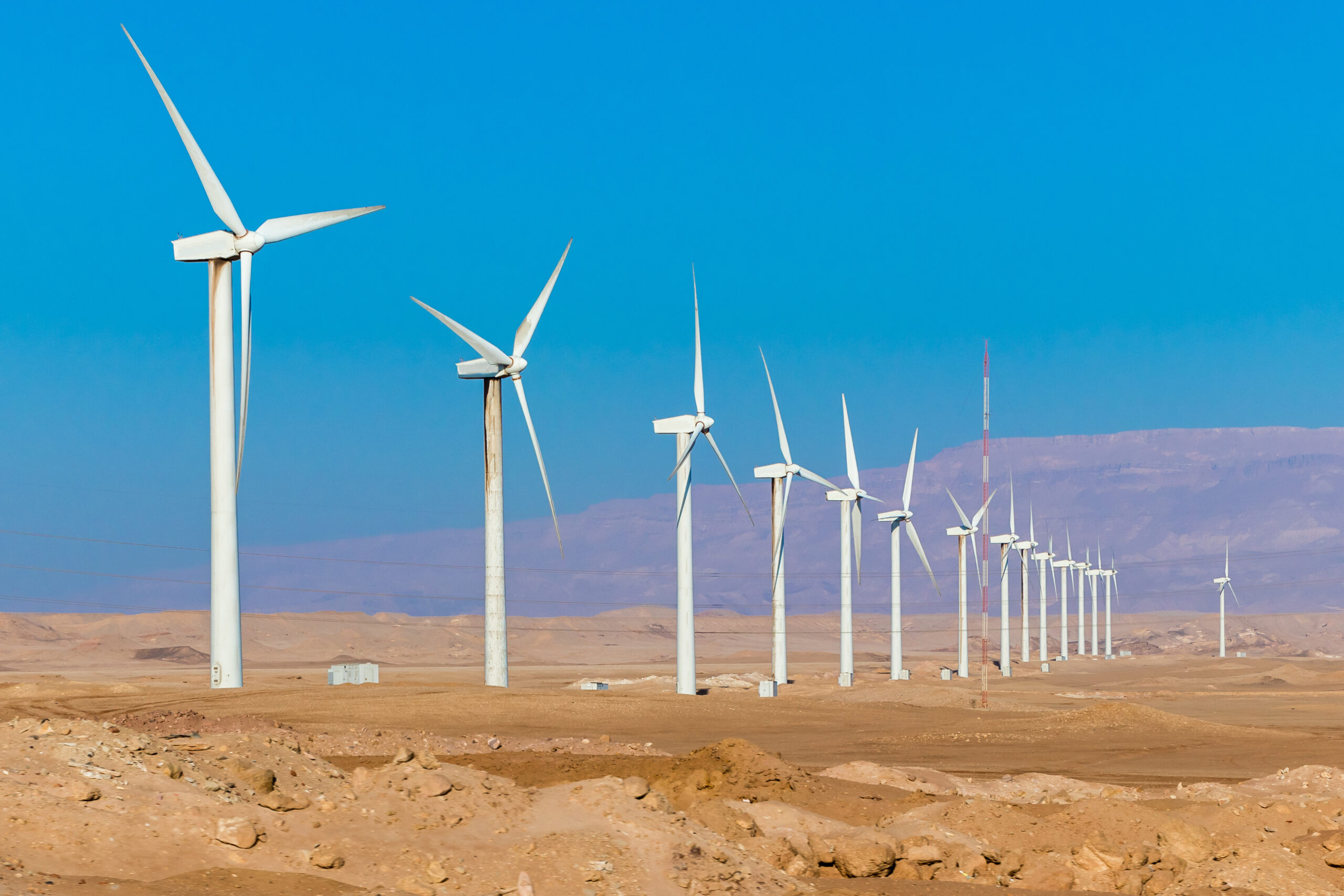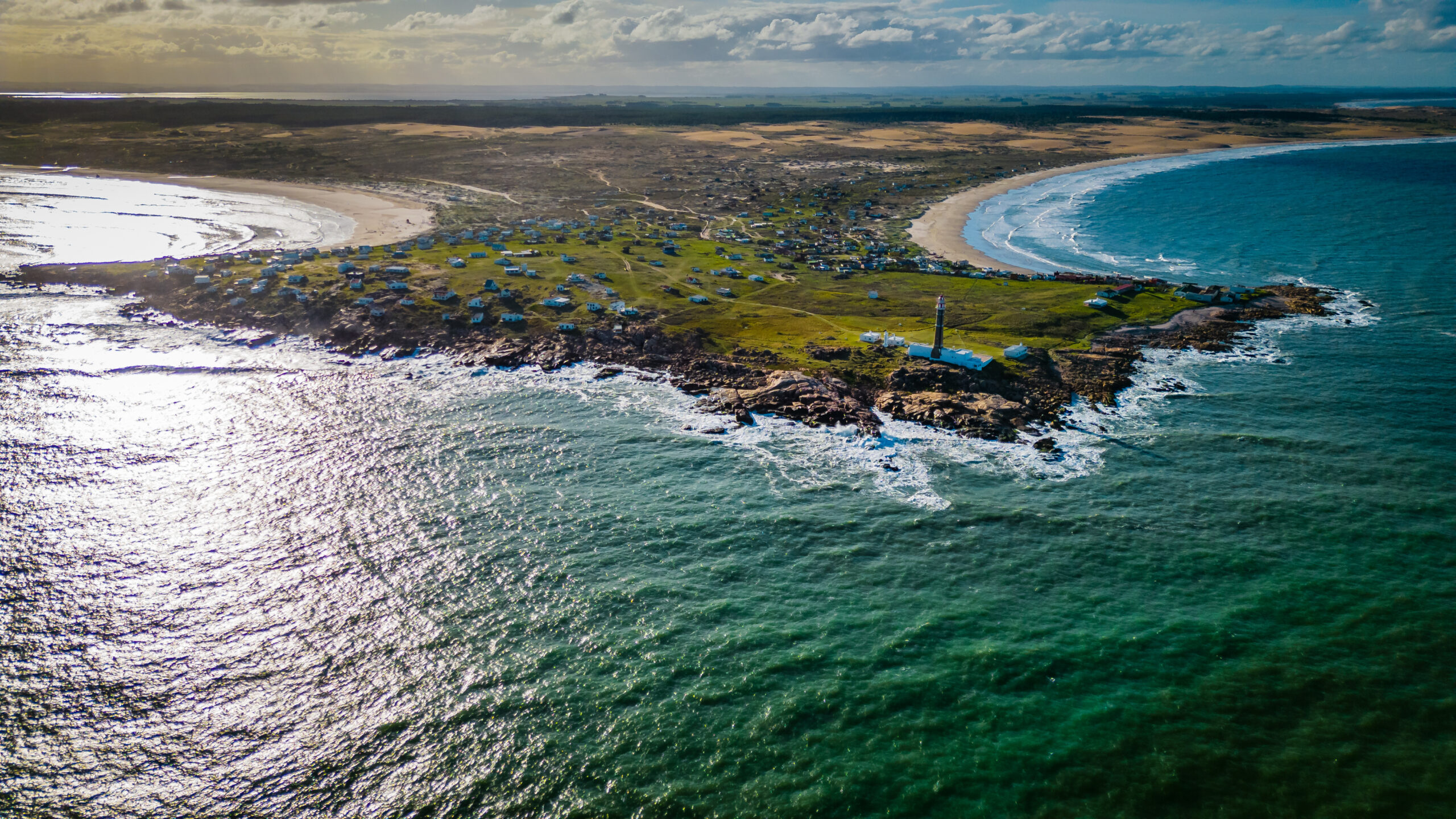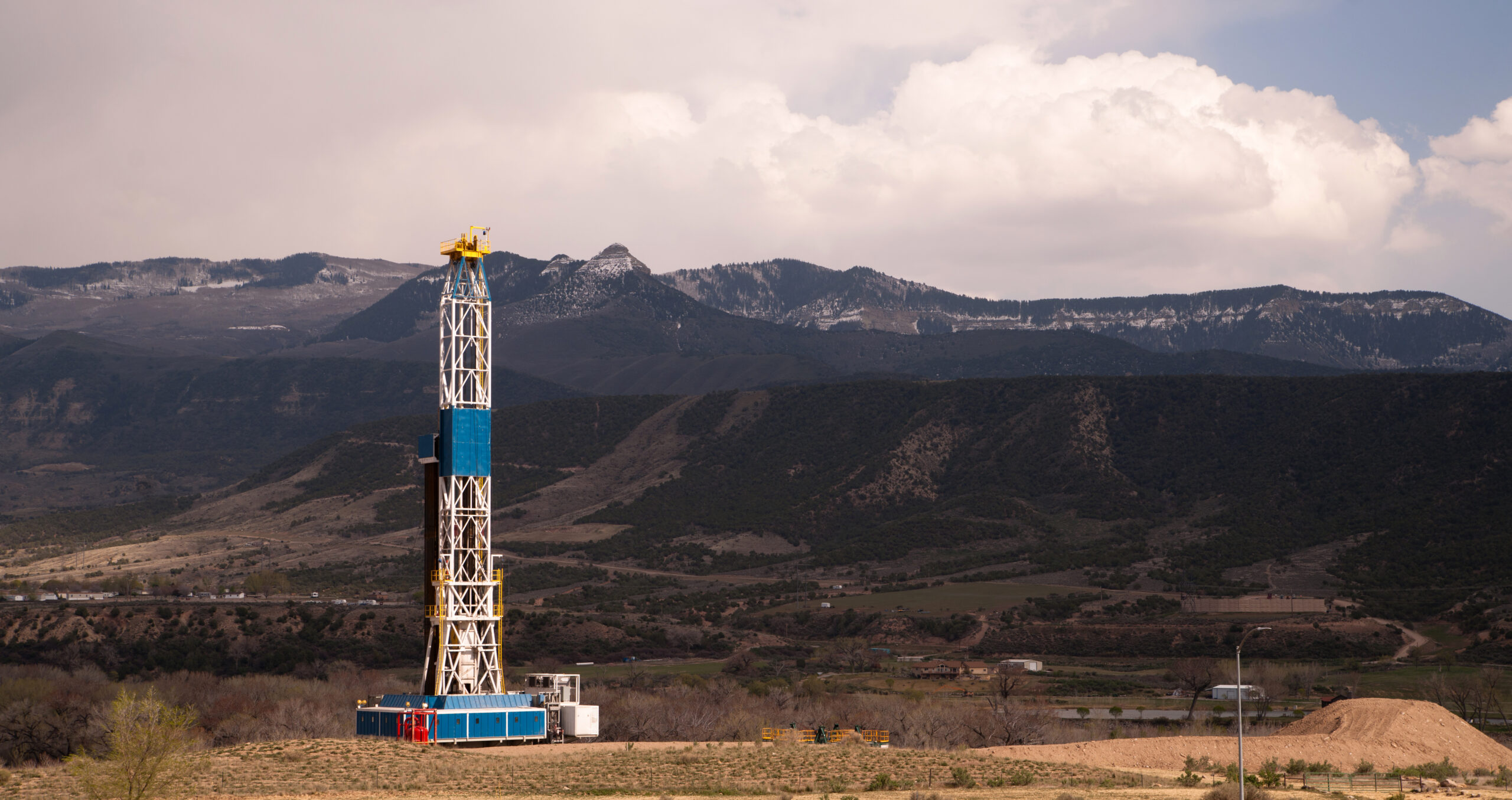Ghana decarbonization needs fiscal support: experts
The National Energy Transition Framework is a blueprint for Ghana’s decarbonization and transitioning the country to a low-carbon, climate-resilient economy by 2070, but experts say fiscal support is still needed.

Energy and economic experts have outlined that to achieve Ghana decarbonization and 2070 carbon neutrality goals, there is a need for fiscal policies to attract strategic investment and build energy infrastructure projects across the country.
During COP27 in Egypt last year, Ghanaian President Akufo-Addo, while speaking at a high-level sideline event, said the country would continue to increase the share of renewable energy in the electricity generation mix, as well as explore the options of hydrogen gas and other clean energy sources to meet the country’s energy needs.
The President also announced the launch of Ghana’s National Energy Transition Framework (NETF), which will serve as a blueprint for transitioning the country into a climate-resilient, low-carbon energy country by 2070.
As outlined in the framework, the energy transition framework seeks to harness the opportunity for a fair and equitable energy transition as it relies on carbon-intensive industries for economic growth. The long-term net zero framework is expected to complement existing efforts with new measures, such as increased renewable energy penetration, conversion of thermal plants to natural gas and integration of nuclear power into the energy mix.
Joshua Narh, Executive Chairman of the Energy Chamber of Ghana, said natural gas has been viewed as a way to transition to a low-carbon future while still meeting energy needs.
“Ghana has significant natural gas reserves, so it makes sense to utilise this resource as part of the country’s energy mix. The use of natural gas as part of Ghana’s energy transition can be seen as a sensible approach, given the country’s current energy needs and the potential benefits of using natural gas as a transition fuel.
“Natural gas emits fewer greenhouse gases than other fossil fuels like coal and oil, which makes it a relatively cleaner source of energy.”
However, environmentalists and others would argue that gas is not the fuel of choice for energy transition, because of its climate and health risks, and that it should be replaced by renewables and clean energy sources and that its use as a transition fuel should be avoided.
Ghana is one of the oil-producing nations in Africa, ranked 84th in the world for oil consumption, accounting for about 0.1% of the world’s total consumption of 97,103,871 barrels per day. The country has a vibrant power generation sector, with public and private companies involved, which is attributed to the reforms in the energy sector.
According to National Energy Statistics, thermal and large-scale hydroelectric sources still account for most of the nation’s generation capacity, with only 122 GWh, or around 0.55%, of the total energy produced from non-hydro renewable sources. Only a few renewable energy projects have been developed, despite the Energy Commission of Ghana issuing well over 100 licenses for their development. Many of these projects have encountered financial, technical, commercial, and execution difficulties.
CCS: tool for Ghana decarbonization?
Ghana’s energy transition model (ETM) considered carbon capture and storage (CCS) among the different possibilities or solutions available to enhance clean energy. CCS is a uniquely important and well-known climate change mitigation technology for mitigating the CO2 emissions associated with the energy sector.
Narh argued that CCS is not an entirely effective Ghana decarbonization solution in and of itself. He said the primary drawback of CCS is that it is still too expensive and unreliable to mobilize economic actors effectively.
He further said that some experts indicate that the operation of a carbon capture system requires a significant amount of energy. “To run the system, it essentially necessitates the construction of a new power plant, adding another source of carbon and air pollution. That defeats the entire purpose of capturing carbon in the first place.
“Other substantial risks connected to the storage and disposal of carbon also exist. Large amounts of CO2 may be released, for instance, if a well blows out or fails during injection. Finding proper carbon sequestration storage locations where the gas won’t just be used to extract more oil presents another challenge.”
Meeting Ghana’s neutrality goal
Narh described the 2070 neutrality goal as “lofty.” He said it is achievable when technical, economic, legal, operational, and time components for carrying out the energy transition framework are carefully considered.
“I wouldn’t want to trade my sense of optimism for gloom because the framework spells out several achievable measures along with significant recommendations. But my main worry is that the government would need to make significant implementation efforts in order to reach its goal. To do this, it will need to work with the necessary stakeholders to guarantee that the goals of this framework are realized,” he told Gas Outlook.
Alex Ampaabeng, Senior Economic Analyst at the Natural Resource Governance Institute, an independent nonprofit, noted that the feasibility of the neutrality goal will depend on the kind of fiscal policies introduced by government to incentivize private investments into the energy sector.
“Government needs to have a specific energy sector or energy transition economic policies tailored to our needs and one that will incentivize private investment in the space. Government needs to understand that the private sector carries the technical and financial capacities to get Ghana there. Over the years, government tends to crowd out the private sectors in such critical issues, but this will require a different approach.”
Funding for Ghana decarbonization
Ghana’s energy transition would cost $562 billion to implement, and even though it seeks to provide everyone with access to energy by 2030, it won’t be completed until 2070.
Ampaabeng said the framework estimates of $562 billion required for investment represent an average of $11 billion annually. He noted this is substantial considering the country’s current economic situation.
“The country has undertaken some austerities and clearly, investment in greener energy is less likely to be a priority area for the next 5 – 10 years as it battles to resuscitate the severely ailing economy with huge debts, high unemployment and poor domestic revenue performance.”
Narh also identified lack of gas infrastructure, scarcity of capital, the continued moratorium on renewable energy projects, country-risk and access to capital as certain challenges to achieving the net-zero carbon level commitment by 2070. He said that to achieve net zero carbon level commitments by 2070, the country needs to overcome these challenges.
“The infrastructure needed for the transition to a cleaner energy source is now severely lacking in Ghana. Prior to Ghana’s current producing fields being able to generate more gas, the country’s gas transmission infrastructure will need to undergo considerable modifications.”



